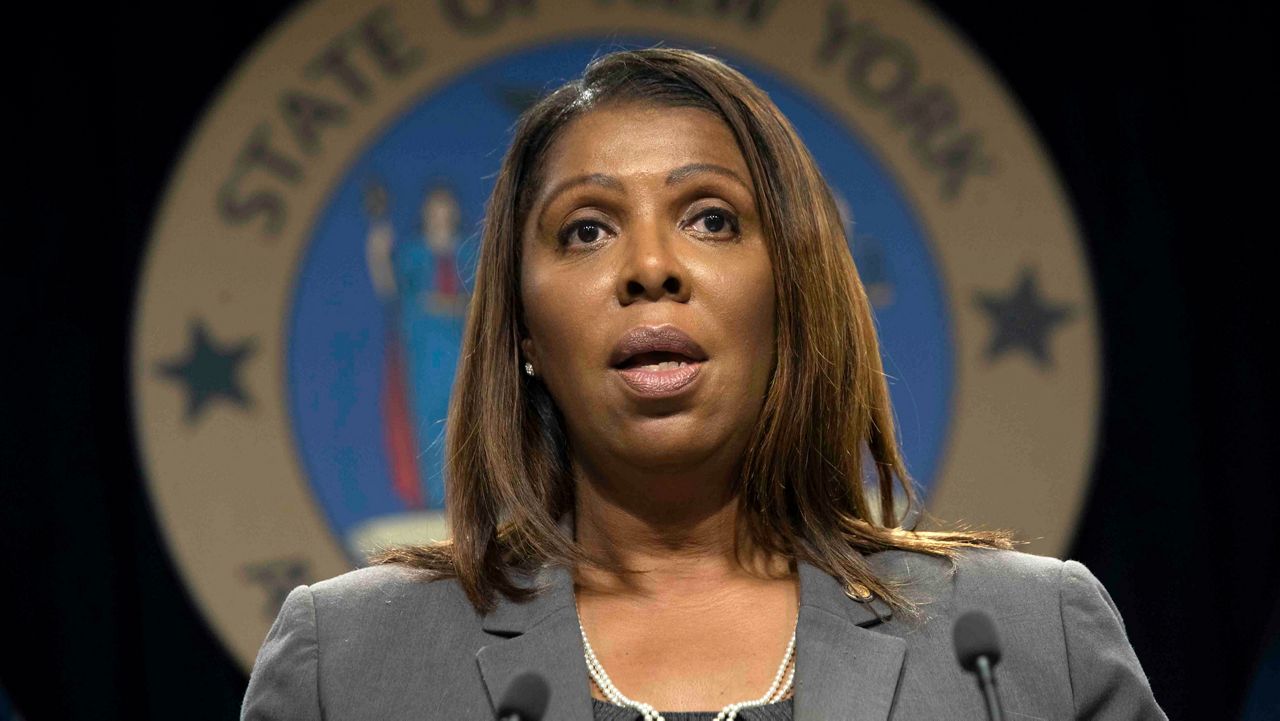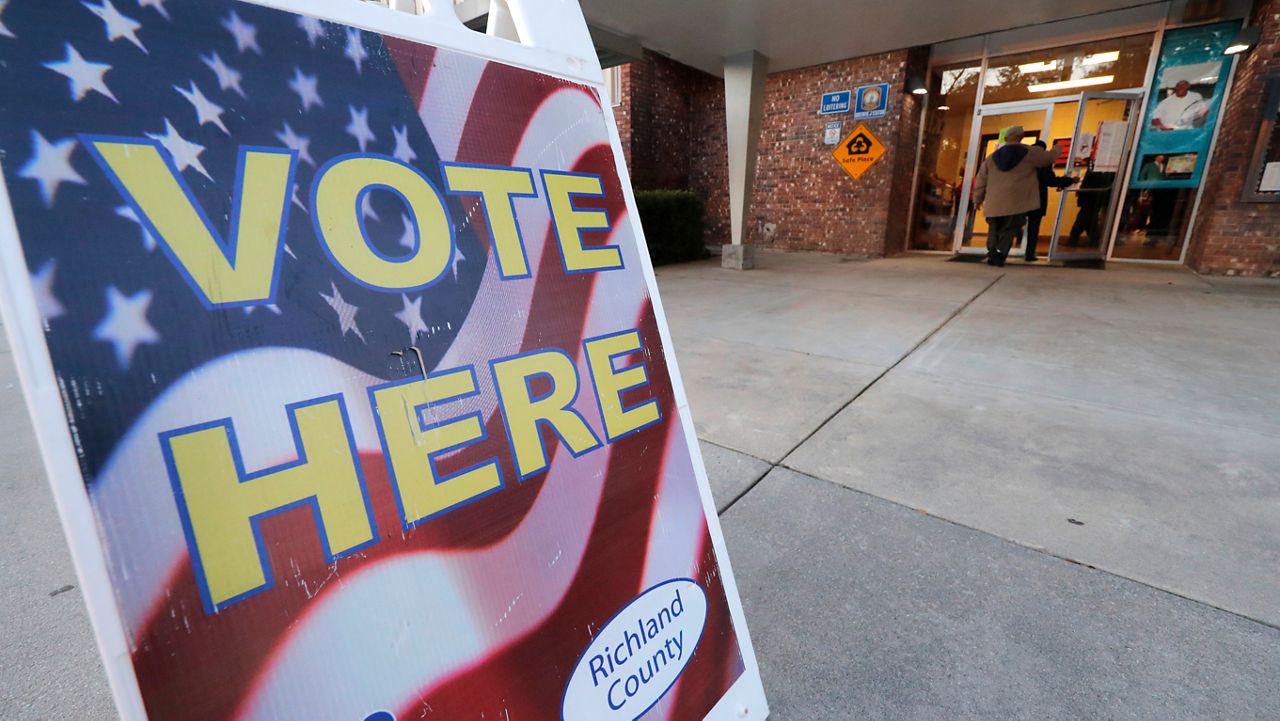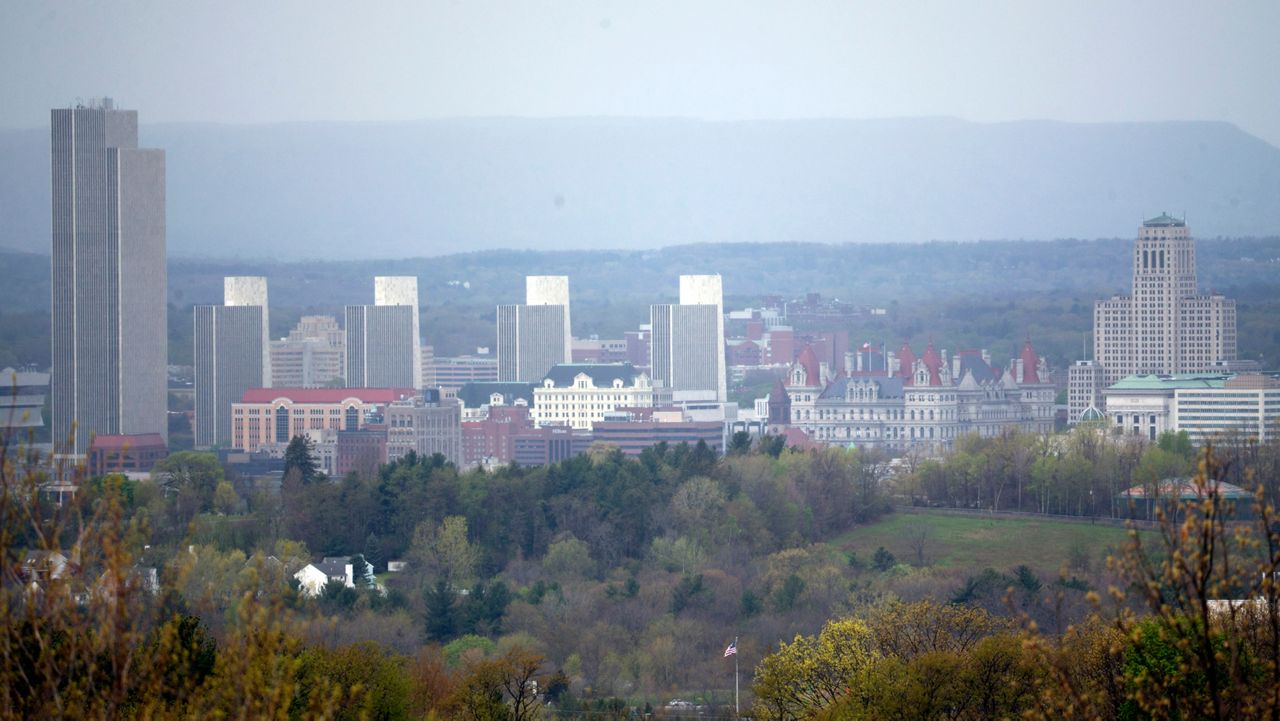Anyone with aspirations to legally grow, process or sell cannabis in New York can apply for a state license this fall after the Cannabis Control Board voted Tuesday to expand the state's recreational marijuana rollout to the general public as an ongoing lawsuit keeps the industry at a standstill.
The board, which operates under the auspieces of the state Office of Cannabis Management, voted to approve the applications for cultivators, processors, microbusinesses and retailers to open Oct. 4. Applicants do not have to have a previous marijuana conviction as required for initial licenses awarded through the Conditional Adult-Use Retail Dispensary program, mired in a legal battle.
"The Office anticipates a lot of excitement and interest in these applications, and we are committed to providing as much information as possible regarding an applicant will need to prepare in order to apply," OCM Executive Director Chris Alexander said Tuesday.
Conditional licensees in good standing can apply to transition to a full license before conditional licenses expire in June 2024.
OCM will release additional guidelines and information about the process on its website in the coming days, Alexander said.
Tuesday's meeting marked the first since a state Supreme Court judge issued an injunction last month, temporarily suspending the approval of more retail licenses or opening of dispensaries. The next hearing in the case will take place Friday.
The state has 23 legal dispensaries up and running nearly nine months after the first sale last December of 463 granted licenses.
"I just want to express on behalf of the office a continued commitment to the success of those licensees," Alexander said about the pending litigation during the meeting. "We will continue to work diligently."
Board members Tuesday also greenlit cannabis research applications for the first time, and voted to approve the department's final regulations as officials prepare to accept general applications this fall.
Hundreds of cannabis licensees from around the state packed Tuesday's meeting in Albany, with many near tears, recounting how they invested their child's college tuition or life savings into their business the state can't get off the ground.
Justin Merkel, is a licensed cultivator in Genesee County, has sold about 10 pounds of nearly 1,000 pounds of marijuana flower and products grown at his operation in the Finger Lakes.
"The oversight in general seems to be lacking," he said of state management.
But Merkel added he's remaining positive.
"New York cannabis is here to stay and craft cannabis is made here in New York, and more or less, we're here to make it happen," he said.
Several petitioned for lawmakers to return to Albany for a special session and codify the CAURD program into state law.
In a statement Tuesday, Sen. Liz Krueger, who sponsored the 2021 legislation to legalize recreational marijuana in the state, said the additional legislative action is unnecessary.
"The CAURD program is fully authorized by existing law — no additional legislative action is required for it to proceed," she said. "...The OCM and its board have the statutory authority to do what they need to do. We are having a hearing in October to explore these issues; I see no urgent reason to move any new legislation."
But many licensed cannabis cultivators, processors and retailers are furious the new rules allow medical marijuana operators, known as registered operators (ROs) in the state, to apply. They argue medical operators, allowed since 2014, will squeeze out farmers and hand New York's cannabis market to large corporations.
"We see issue after issue — so many barriers our farmers have to face, and I'm just echoing the voices in this room that they need your help," Renée St. Jacques, New York Farm Bureau's associate director of public policy, said to the board during the public comment period. "Allowing the ROs to come in is not the answer, it is the issue. And it's just going to push the farmers out, just like you've seen in other states."
The state Cannabis Association released a statement Tuesday blasting the decision, saying large cannabis companies will now compete and supercede New York-based businesses in the market.
“For New York to protect locally based small businesses, the following steps must be taken: One, reform the potency tax, as this disproportionately harms small businesses; Two, regulations must be immediately fixed," CANY officials said in a statement. "This includes giving the ROs and small, locally based cultivators and processors equal limits of canopy space. Three, prioritize the enforcement of illegal operators instead of coming down on legal, small businesses with more endless red tape.”
Benjamin Duerr, who co-owns Raven Dispensaries LLC in Syracuse, received his Conditional Adult-Use Retail Dispensary license in May, but the pending lawsuit bars the owners from signing a lease or the shop from opening.
He joined the chorus of people pushing the board to delay when medical operators enter the recreational industry.
"These big, greedy corporate interests are going to do everything they can to make sure that people hurt by the War on Drugs are hurt once again — it's just sheer greed," Duerr said. "...We're just trying to get one store open, and it just comes down to greed versus equity and really caring about your people."
Several OCM officials Tuesday said they disagree with the notion small farmers and shop owners will be pushed out of the market.
OCM officials and board members either declined or were not available for an interview Tuesday.
Jeanette Miller, co-founder of the Cannabis Farmers Alliance, wore a small makeshift noose around her neck to demonstrate her despair. She handed it to the board after her comments.
The Western New York marijuana cultivator has 500 pounds of product she says is "sitting and rotting" with insufficient dispensaries open to sell her product.
"I'm wearing this around my neck today because I feel like I'm gonna hang myself," Miller said, adding a friend recently called the police and requested they perform a wellness check on her.
"We're tired, we're done, we're struggling," she said to the board. "We need help. You don't answer. The only reason I get an answer is because I call, and I call, and I call, and I call."
Her emotional comments to the board led to a standing ovation.
The Cannabis Control Board's next meeting has not been scheduled.



?wid=320&hei=180&$wide-bg$)




